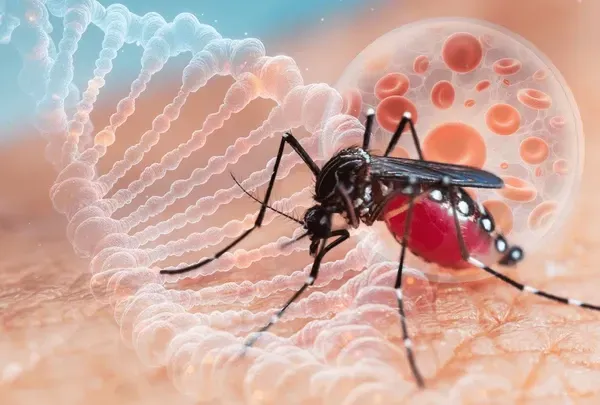In response to the rapid rise in Chikungunya infections, including multiple fatalities reported in several countries, a representative of the Department of Communicable Disease Control under the Ministry of Health yesterday said Chikungunya is a viral disease transmitted to humans by infected Aedes aegypti mosquitoes.
Because its symptoms are similar to those of dengue fever and Zika, the disease is often misdiagnosed, making it difficult to accurately determine the number of infections.
According to the World Health Organization (WHO), Aedes albopictus mosquitoes primarily live outdoors and bite during the daytime, which may help explain the comparatively low rate of Chikungunya infection in Vietnam.

At present, the Department of Communicable Disease Control is monitoring the situation and will soon issue public health advisories and implement appropriate surveillance measures.
However, as Chikungunya is caused by the Chikungunya virus and transmitted to humans through the bite of an infected mosquito, it is essential to avoid mosquito bites, which is the most effective means of prevention, along with eliminating adult mosquitoes and destroying larvae.
According to the World Health Organization, approximately 240,000 Chikungunya virus infections have been reported worldwide, including 90 fatalities, across 16 countries and territories in the Americas, Africa, Asia and Europe.
Chikungunya typically causes symptoms such as fever, joint pain, headache, nausea, and rash, and often results in prolonged fatigue. There is no specific antiviral drug treatment for the disease, but fever-reducing and pain-relieving drugs may be used to alleviate the symptoms.
As updated by the Ca Mau Provincial Department of Health on August 9, more than 650 cases of dengue fever have been recorded in the province since the beginning of 2025, an increase of over 50 percent compared with the same period in 2024.
In response, the health sector is implementing vigorous measures to control dengue fever and prevent an outbreak. Authorities have called on residents to often adopt measures such as keeping water containers tightly covered, releasing guppies to destroy mosquito larvae, and collecting or eliminating discarded items and tree holes where Aedes mosquitoes can lay their eggs.
























